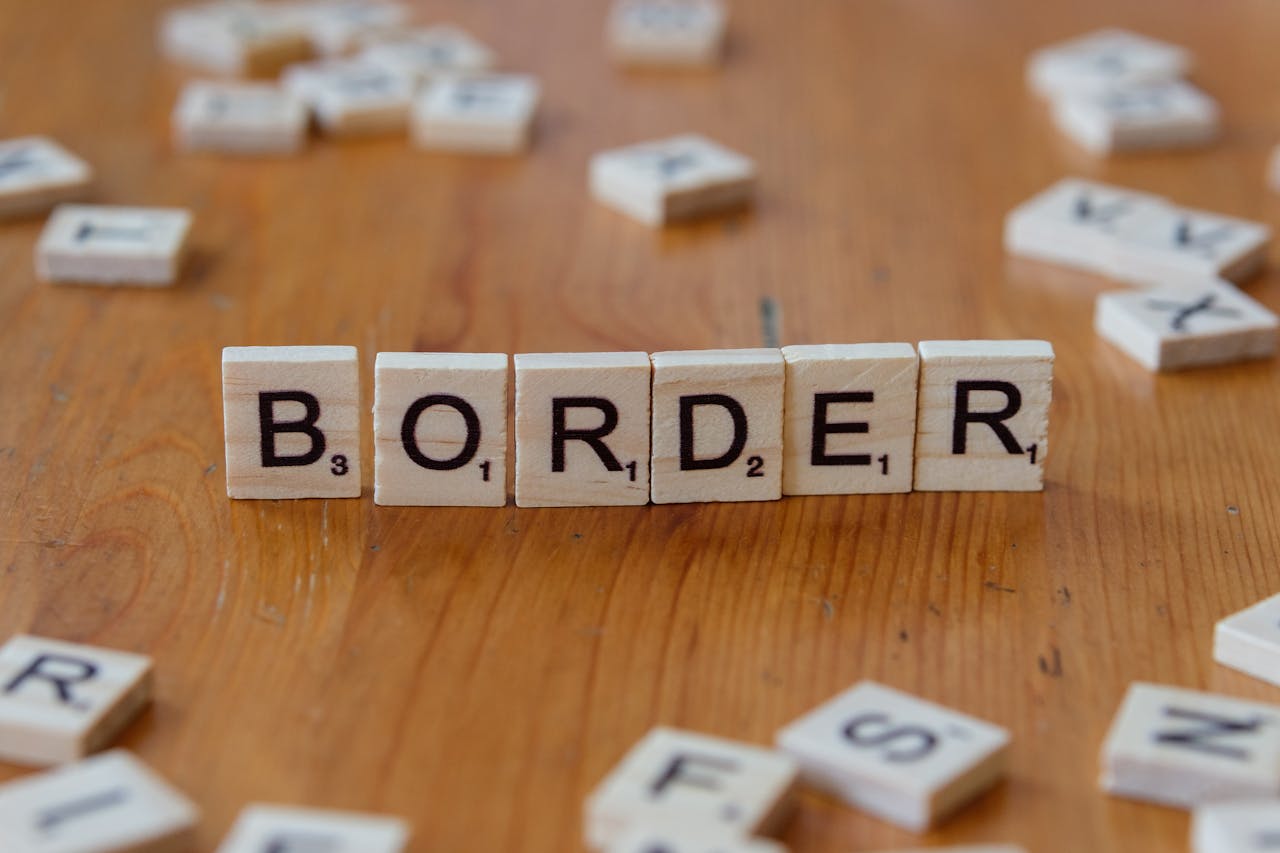If you’ve applied for a green card through marriage, the final and most important step is the green card interview. This interview gives USCIS the chance to evaluate whether your marriage is real—and it’s often the deciding factor in whether your application gets approved.
But don’t panic. With the right preparation, you can walk into your interview feeling confident and ready to answer questions honestly and clearly. This article walks you through what to expect, how to prepare, what documents to bring, and how to avoid red flags that can delay or derail your case.
What Is the Purpose of the Green Card Interview?
The main goal of the marriage-based green card interview is to verify the authenticity of your relationship. USCIS officers are trained to spot fraud, and they look for signs that the marriage is a genuine partnership—not just a way to get immigration benefits.
During the interview, the officer will assess:
- How well you and your spouse know each other
- Whether you live together and share a life
- Consistency between your application and your answers
- Supporting evidence that your marriage is legitimate
It’s not just about answering questions—it’s about showing that your relationship is real through your behavior, body language, and documentation.
When and Where Does the Interview Take Place?
If you applied from within the U.S. (adjustment of status), your interview will be held at a local USCIS field office. If you applied from abroad (consular processing), your interview will be at a U.S. embassy or consulate in your home country.
You’ll typically receive an interview notice (Form I-797) about 4–8 weeks in advance. This notice includes:
- The date and time of your appointment
- The address of the interview location
- Instructions on what to bring
Arrive 15–30 minutes early with your spouse and your complete documentation packet.
What to Bring to the Interview
USCIS wants to see updated, original documents that support your case. Here’s what to bring:
Identification & Official Records
- Valid passports for both spouses
- Government-issued photo IDs (driver’s licenses, work permits)
- Marriage certificate (original + copy)
- Birth certificates
- Divorce decrees or death certificates (if applicable)
USCIS Documents
- Interview notice (I-797)
- Copies of all forms submitted (I-130, I-485, I-864, etc.)
- I-693 medical exam (if not already submitted)
- EAD or Advance Parole documents (if issued)
Evidence of a Real Marriage
- Joint lease or mortgage
- Joint bank account statements
- Utility bills in both names
- Photos together (wedding, trips, family events)
- Insurance documents showing shared policies
- Text messages, emails, or call logs showing regular communication
Organize everything in a folder with tabs or labels for easy access.
Common Interview Questions
The officer will ask both personal and relationship-based questions. Some questions will be asked to both of you together; others might be asked separately if the officer wants to compare answers.
Expect questions like:
- How did you meet?
- When and where did you get married?
- Who proposed and how?
- Where do you live?
- What side of the bed do you sleep on?
- What’s your spouse’s favorite food?
- Who wakes up first in the morning?
- What did you do last weekend?
There are no “trick” questions—but answers should match what’s on your forms and reflect the reality of your daily life.
How to Prepare as a Couple
1. Review Your Forms Together
Go through your I-130 and I-485 applications and confirm all details: addresses, employment history, previous marriages, dates, and signatures. Inconsistent answers can raise red flags.
2. Talk About Daily Life
The officer wants to see that your lives are genuinely connected. Discuss your routines, habits, family traditions, and recent events. You don’t need to memorize answers—just be on the same page.
3. Practice—But Don’t Script It
Have a mock interview with a friend or record yourselves answering questions. Practicing out loud helps reduce nerves. But avoid rehearsing robotic answers—authenticity matters.
4. Gather Strong Documentation
The more current evidence you have, the better. Bring items dated up to the present day—USCIS wants to see your relationship is ongoing, not just how it started.
What Happens After the Interview?
There are a few possible outcomes after your interview:
- ✅ Approval on the spot: The officer is satisfied and tells you your green card will be mailed soon.
- 🕓 Case held for review: The officer needs more time or documents to decide. You’ll receive a decision by mail.
- 📄 Request for Evidence (RFE): USCIS may ask for additional documentation.
- ❌ Notice of Intent to Deny (NOID): If the officer believes your marriage is not bona fide, you’ll have a chance to respond before a final denial.
In most cases, decisions are made within 30–90 days after the interview.
Real-World Example: Honest Answers Made the Difference
Luis and Maria applied for a marriage green card in Chicago. They were nervous but reviewed their forms together and brought 50+ photos, joint bills, and text logs. At the interview, the officer asked about their honeymoon, daily routines, and Maria’s favorite dish. They didn’t overthink—just answered honestly. They were approved on the spot and received the green card within three weeks.
FAQs: Marriage Green Card Interviews
Q1: Can I bring a lawyer to the interview?
Yes. You have the right to bring an immigration attorney, though most people don’t need one unless the case is complicated.
Q2: What if we don’t live together yet?
This can raise questions. Be ready to explain the situation and show plans to live together in the future.
Q3: What if I forget an answer?
It’s okay to say “I don’t remember” if you’re being honest. Don’t guess or make something up.
Q4: What if we get separated during the interview?
That’s called a “Stokes Interview.” The officer compares your answers to look for inconsistencies. Stay calm, tell the truth, and don’t panic.
Q5: Can we bring our child with us?
It’s not recommended. Arrange childcare so you can focus fully on the interview.
Final Thoughts: Show Up Prepared, Not Perfect
You don’t have to be flawless—you just have to be honest and prepared. The marriage-based green card interview isn’t a test of memory. It’s a chance to confirm that your relationship is real.
Organize your documents, talk openly with your spouse, and treat the interview seriously. If your marriage is genuine and your forms are accurate, you’ve already done the hard part. Now it’s just about showing up and telling your story.



